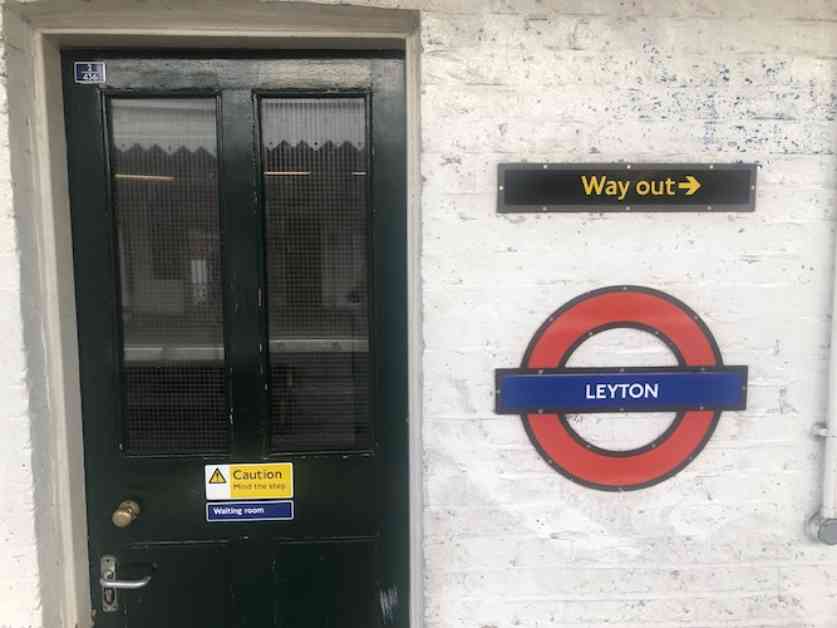London Mayor Announces Fare Hike for 2025
London Mayor Sadiq Khan and Transport for London have recently revealed that some fares are set to increase by an average of 4.6 percent come 2025. This decision will affect London Underground fares starting from 2 March, while bus and tram fares will remain frozen. The implications of this fare hike extend beyond just the increase in prices—it speaks volumes about the Mayor’s stance on public transport pricing and sheds light on the dynamics between City Hall and the Labour government at the national level.
Khan’s Fare Freeze Legacy and Political Implications
Khan’s tenure as Mayor has been characterized by high-profile commitments to maintaining frozen fares on London’s public transport. This freeze lasted for five years, from 2016 to 2021, in alignment with his manifesto promises. However, the onset of the Covid-19 pandemic led to fare increases post-2021, albeit with only single fares being frozen, as travelcard costs continued to rise beyond mayoral control. This move was undoubtedly a strategic one for Khan, given the historical resonance of left-wing policies advocating for fare reductions in London.
Impact on Londoners and Relationship with Central Government
The decision to increase tube fares while keeping bus and tram fares constant underscores Khan’s commitment to supporting the most vulnerable Londoners who rely heavily on these modes of transportation. By prioritizing bus and tram networks, Khan is echoing the principles of his predecessor, Ken Livingstone, who championed wealth redistribution through fare reductions. Moreover, the Mayor’s rationale for raising London Underground fares to fund new bus schemes like Superloop 2 and “Bakerloop” hints at a strategic move to address the city’s economic disparities.
Future Prospects and Political Landscape
As London’s transport network grapples with the need for substantial investment amidst increasing operational pressures, Khan’s decision to raise fares may be a pragmatic one. With the looming prospect of a potential fourth mayoral term unlikely, Khan’s willingness to display flexibility on fare policies could mark a strategic shift in his approach towards public transportation. Despite criticisms and comparisons between Labour and Conservative interventions in fare policies, the fare hike for 2025 aligns with Khan’s manifesto commitment and reflects a nuanced negotiation strategy with central government.
In conclusion, Sadiq Khan’s announcement of fare increases for 2025 represents a pivotal moment in London’s public transport landscape, highlighting the intricate interplay between political ideologies, economic imperatives, and public service delivery. As Londoners brace for these changes, the Mayor’s decision underscores a delicate balancing act between electoral promises, financial sustainability, and equitable access to transportation services.





















